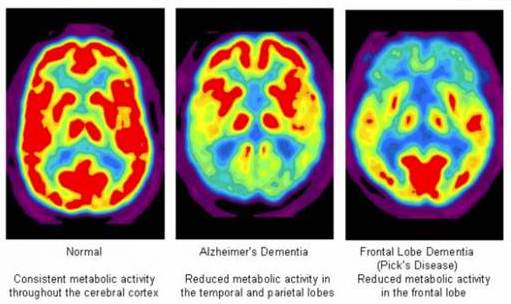PET/CT in Neurology
PET/CT has made significant strides in neurology, particularly in the diagnosis and treatment of epilepsy and dementia. Its accuracy and precision have led to improved outcomes in many cases.
Epilepsy Breakthroughs
PET/CT has revolutionized the diagnosis of refractory epilepsy, leading to cures in certain instances. This advanced imaging technology is among the most precise methods for pinpointing the areas of the brain responsible for epileptic seizures. By localizing these regions, doctors can determine whether surgery is a viable treatment option, potentially improving patients’ quality of life.
Dementia Diagnosis and Differentiation
The brain heavily relies on glucose metabolism, and PET/CT scans can detect abnormal patterns of uptake in the brain. This makes PET/CT a valuable tool for evaluating patients with various forms of dementia. It is especially helpful in diagnosing Alzheimer’s disease and distinguishing it from other dementia disorders, such as vascular dementia, Parkinson’s disease, Pick’s disease, and Huntington’s disease. This accurate differentiation is crucial for selecting the most appropriate treatment and care plan for each patient’s unique condition.
